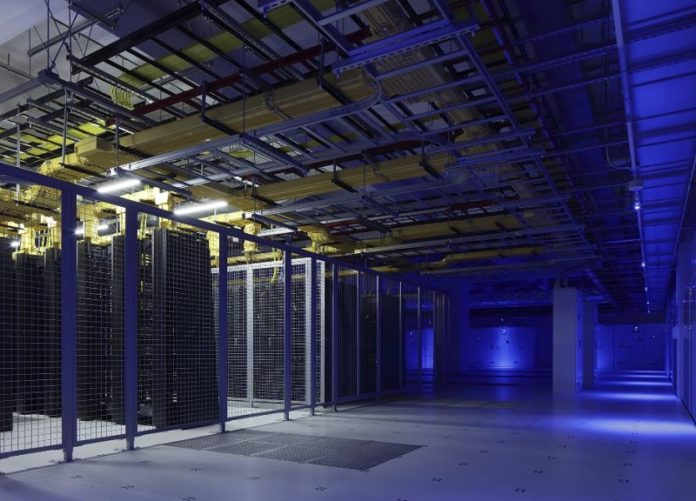Equinix has announced the opening of its 11th International Business Exchange (IBX) data center in Tokyo, named TY11. The US$70 million first phase of TY11 provides a capacity of 950 cabinets and colocation space of approximately 39,800 square feet (~3,700 square meters). Upon completion of the planned future phases, the facility is expected to provide a total capacity of more than 3,500 cabinets and colocation space of more than 153,800 square feet (approximately 14,300 square meters), becoming the largest IBX data center to date in Japan.
Tokyo is the world’s largest retail colocation market by revenue, ahead of major international cities like New York and London. With more and more global and local cloud service providers (CSPs) expanding their businesses in Japan, the country is forecast to be one of the largest geographic public cloud markets in 2019 with cloud spend reaching $7.4 billion.
Kei Furuta, Managing Director, Equinix North Asia, said: “With cloud services becoming increasingly crucial to global and local businesses who are eager to reach business partners and customers worldwide, an always-on, distributed IT infrastructure is extremely important to ensure real-time data delivery in today’s fast-paced economy. With the upcoming Tokyo 2020 Olympic Games, the ‘Society 5.0’ initiative and the arrival of 5G, interconnection will also play a crucial role in enabling seamless and secure interactions. We are thrilled about the opening of TY11, and we look forward to accelerating cloud adoption and innovation in Japan.”
With the addition of TY11, Equinix now operates a total of 11 data centers in Tokyo and two in Osaka. TY11 is situated in Ariake, a district in Koto ward, which is close to key venues for the upcoming Tokyo 2020 Olympic Games. Located in an emergency evacuation area, TY11 is earthquake-resistant and equipped with multiple anti-disaster measures. In Asia-Pacific, Equinix now operates 42 IBX data centers across 12 markets.
Equinix has a long-term goal of using 100 percent clean and renewable energy for its global platform – for example, TY11 uses energy-efficient lighting systems, adaptive control systems that reduces power consumption and increases cooling capacity through active airflow management, as well as cold aisle containment that reduces energy consumption and enhances cooling.
















